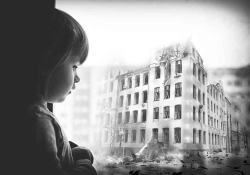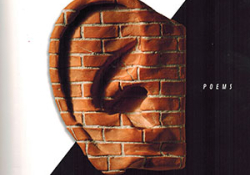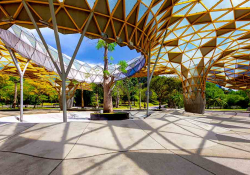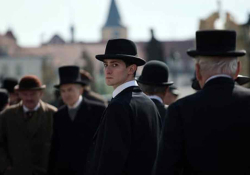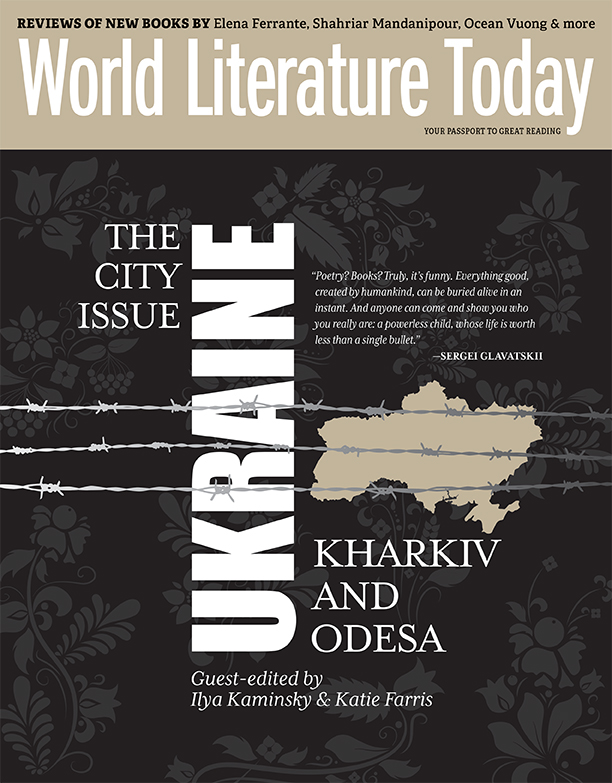Introduction to Part 1: Odesa - As the World Watches On
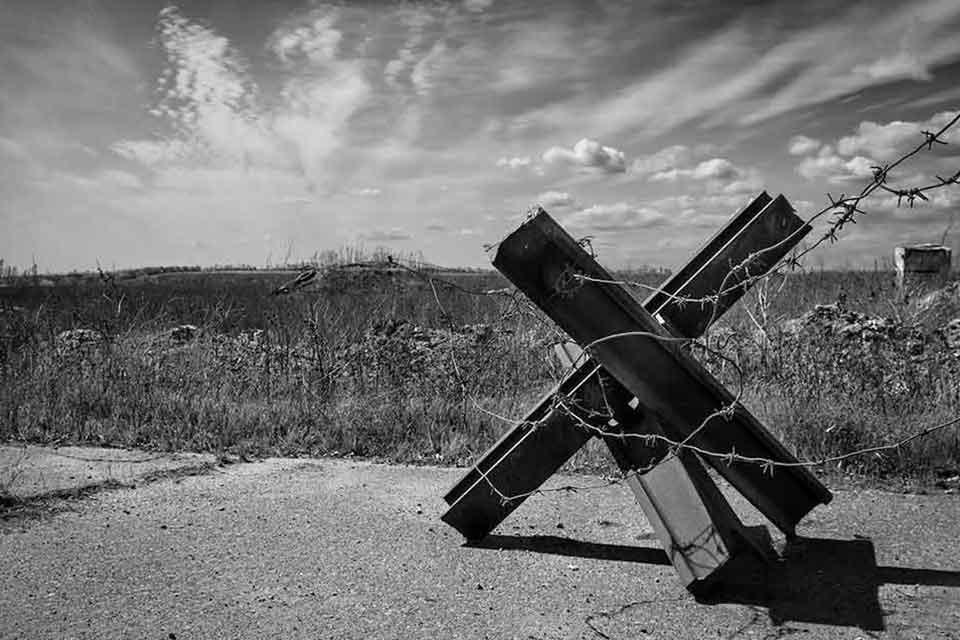
For the first two months of war, I can’t locate my uncle in Odesa. Uncle Valerii, who is over eighty, and usually very active on social media, is nowhere to be found. I call, email, try to reach him via other relatives. Silence. Other relatives are leaving the city. Many friends are already in the West. I keep emailing my uncle.
No word.
To fill up the silence, I stay in touch with other writers in the city, try to fundraise, to support their activities in the wartime. Although the Russian navy is aiming its guns at the city, and the air-raid sirens are wailing nonstop, Odesa is far luckier than Mariupol or Kharkiv or nearby Mykolaiv. Still, the terror of anticipating the invasion is evident in every email I daily receive from friends in the city. I keep asking about my uncle.
No word.
Meanwhile, friends write about their daily life: crossing the border to help family in neighboring Moldova. Volunteering for refugees in other countries. Setting up a poetry reading in the wartime city. Trying to have drinks during the air raid.
Finally, an email from my uncle Valerii: two months ago he had fallen sick with Covid and has spent these months in a hospital.
“I have chosen a wrong time to get sick,” he says, and I can almost see his smile as he attempts to joke during an air raid, thousands of miles away. Covid has messed up his immune system and his inner organs, he’s too weak to cross the border, too weak to talk on the phone or to type regular emails.
Waiting to hear from him, I keep in touch with a dozen other writers, I ask questions, and in response their words paint a picture of a city in wartime, a chorus that sings to the tune of air-raid sirens. These aren’t photographs of dead bodies on the road or bombed-out buildings or destroyed tanks. This is a music of terror one hears while waiting for the invasion of the streets where one lives. There are silences inside this music that won’t let me be—it keeps haunting me as I read these texts. I share this so it will haunt you as well.
Why?
Because it is happening right now, in the twenty-first century, in the modern city, as the world watches on.
And so I received these pieces during the past two months, many of them hopeful, many of them praying that the war will bypass Odesa, writing their deepest wishes that warplanes won’t drop bombs on Odesa streets.
As the world watches on.
And the week that I am writing this, Russian warplanes circle Odesa, and Valerii emails me that only a block from his apartment, in the Tairovo area of the city, a bomb explodes, killing multiple people, including an infant, and injuring many others.
As the world watches on.
